题目内容
阅读下面材料,在空白处填入适当的内容( 1个单词)或括号内单词的正确形式。
For more than six million American children, coming home after school means 1.(come) to an empty house. Some deal with the situation by watching TV. Some may hang out outside.2.all of them have something in common. They spend part of each day alone. They 3.(call) latchkey children---they are children who look after themselves while their parents work. And their bad situation has become a subject of concern.
A headmaster of an elementary school said that there was a school rule against wearing jewelry. A lot of kids had chains around their necks with keys4.(attach). He was constantly telling them to put them inside shirts. There were so many keys5. he slowly learned were house keys.
He began talking to the children who had them. Then he learned the influence working couples and single parents were having 6. their children. Fear is the biggest problem faced by children at home alone. Many had nightmares and were worried about their own 7.(safe).
The most common way latchkey children deal with this is by hiding. It might be in a bathroom, under a bed 8.in a closet. The second is TV. They’ll watch it with the volume turned up high. Most parents don’t realize9.(it) effect on their children and most parents are slow to admit the fact10. they leave their children alone.
 天天向上一本好卷系列答案
天天向上一本好卷系列答案 小学生10分钟应用题系列答案
小学生10分钟应用题系列答案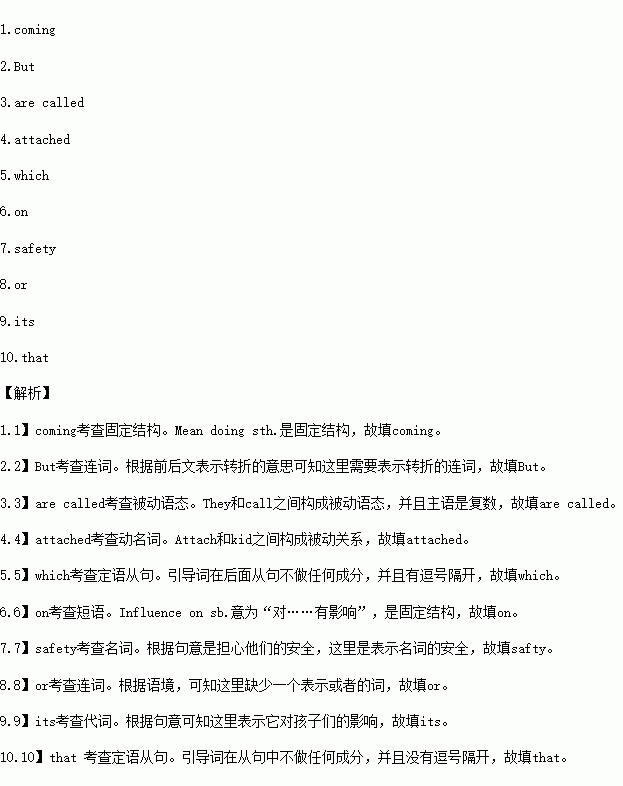

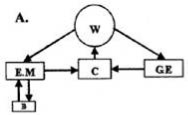
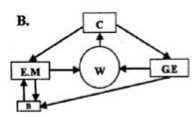
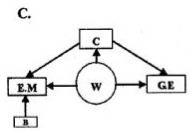
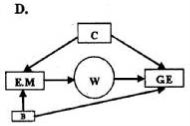
 ),并在其下面写出该加的词。
),并在其下面写出该加的词。 ),并在其下面写出该加的词。
),并在其下面写出该加的词。